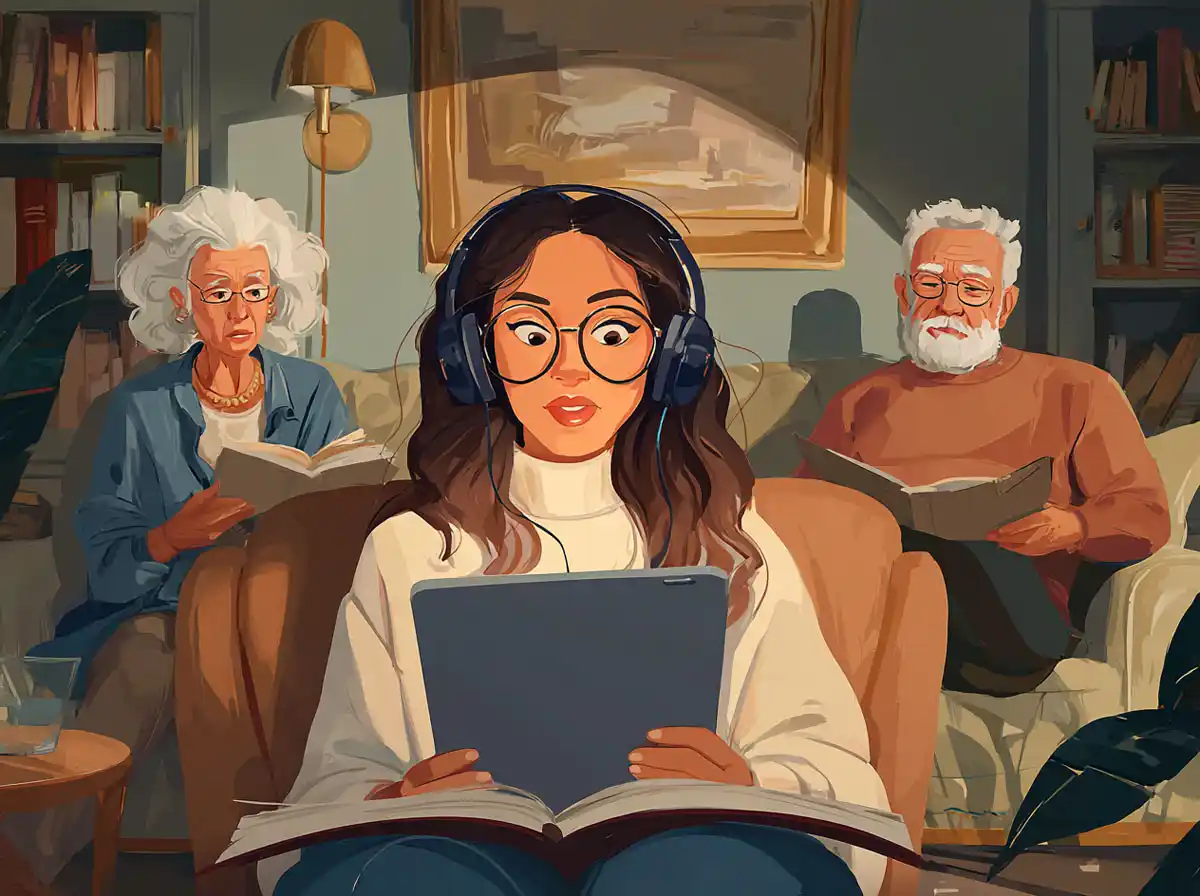Understanding Romanian Language Etiquette
Etiquette in the Romanian language is deeply intertwined with cultural values such as respect for elders, politeness, and formality. Romanian communication often reflects a balance between warmth and respect, shaped by historical and social contexts. Familiarity with these nuances is crucial for learners to avoid misunderstandings and to build genuine connections.
The Importance of Formality
Romanian society traditionally emphasizes formal interactions, especially in professional settings or when addressing strangers and elders. This formality is conveyed through language choices, titles, and verb conjugations. Recognizing when to switch between formal and informal language is a cornerstone of Romanian etiquette.
- Use of “dumneavoastră” vs. “tu”: “Dumneavoastră” is the formal second-person pronoun used to show respect, akin to “Sie” in German or “vous” in French. It is essential in professional contexts or when speaking with older people.
- Verb conjugations: Verbs change depending on whether you address someone formally or informally, impacting the tone of the conversation.
- Titles and honorifics: Using appropriate titles like “Domnul” (Mr.) or “Doamna” (Mrs./Ms.) followed by the last name is standard practice in formal settings.
Greetings and Introductions
Greetings in Romanian are more than mere words; they set the tone for the interaction and demonstrate respect. Romanian greetings vary by time of day, social context, and the relationship between speakers.
- Common greetings: “Bună ziua” (Good day), “Bună dimineața” (Good morning), and “Bună seara” (Good evening) are polite, widely used greetings.
- Handshakes: A firm handshake with eye contact is the typical greeting in formal situations. Among close friends or family, a hug or cheek kiss may be customary.
- Introducing oneself: When introducing yourself, it’s polite to use your full name and a polite phrase such as “Îmi pare bine” (Nice to meet you).
Politeness and Conversational Etiquette
Politeness in Romanian communication is conveyed through vocabulary, tone, and body language. Understanding these elements helps avoid appearing rude or overly casual.
Polite Phrases and Expressions
Incorporating polite phrases into your conversation demonstrates respect and cultural awareness. Key expressions include:
- “Vă rog” (Please): Used when requesting something.
- “Mulțumesc” (Thank you): Expresses gratitude; can be intensified with “Mulțumesc mult” (Thank you very much).
- “Scuzați-mă” (Excuse me): Used to politely get someone’s attention or to apologize.
- “Cu plăcere” (You’re welcome): Common response after someone thanks you.
Conversational Norms
Romanian conversations tend to be direct but polite. Interruptions are generally avoided, and speakers often wait for a natural pause before responding. Additionally, maintaining appropriate eye contact is a sign of sincerity and respect.
- Listening attentively: Showing interest and not rushing to speak is valued.
- Addressing people correctly: Avoid using first names unless invited to do so.
- Topics to avoid initially: Politics, religion, and personal finances are sensitive subjects best avoided in early conversations.
Nonverbal Communication and Cultural Gestures
Nonverbal cues are a vital part of Romanian language etiquette and can significantly influence the meaning of spoken words.
Body Language
- Handshake: As mentioned, a firm handshake is standard in formal greetings.
- Eye contact: Maintaining eye contact shows confidence and respect.
- Facial expressions: Smiling is appreciated but should match the context to avoid appearing insincere.
Common Gestures
- Nodding: Indicates agreement, but be careful as some gestures may have different meanings compared to other cultures.
- Head shake: In Romania, shaking the head usually means “no,” similar to many Western cultures.
- Thumbs up: Generally positive but should be used cautiously in formal situations.
Addressing Social Situations and Building Relationships
Building rapport and trust is essential in Romanian culture, often requiring patience and respect for traditions.
Invitations and Hospitality
Romanians are known for their hospitality. When invited to a Romanian home, it is customary to bring a small gift such as flowers, chocolates, or wine. Refusing food or drink offered by a host may be considered impolite.
Business Etiquette
- Punctuality: Being on time is important in professional settings.
- Dress code: Conservative and neat attire is expected.
- Communication style: Formal titles and polite language are necessary during meetings.
- Follow-up: Sending a thank-you email or message after a business meeting is appreciated.
Tips for Learning Romanian Language Etiquette Effectively
Mastering the etiquette of the Romanian language requires more than study; immersion and practice are key. Here are some tips to enhance your learning experience:
- Use language learning apps like Talkpal: They provide interactive lessons focusing on cultural context and etiquette.
- Engage with native speakers: Practice conversations to understand real-life usage of polite forms and social norms.
- Watch Romanian media: Films, news, and TV shows offer insights into everyday language and behavior.
- Learn cultural customs alongside language: This holistic approach helps in applying etiquette naturally.
Conclusion
Understanding the etiquette of the Romanian language is crucial for meaningful and respectful communication. From using formal pronouns and polite phrases to mastering greetings and nonverbal cues, these elements reflect the rich cultural fabric of Romania. Leveraging tools like Talkpal can accelerate your learning journey by combining language skills with cultural insights. Whether you are traveling, working, or making new friends, embracing Romanian language etiquette will open doors to deeper connections and successful interactions.










